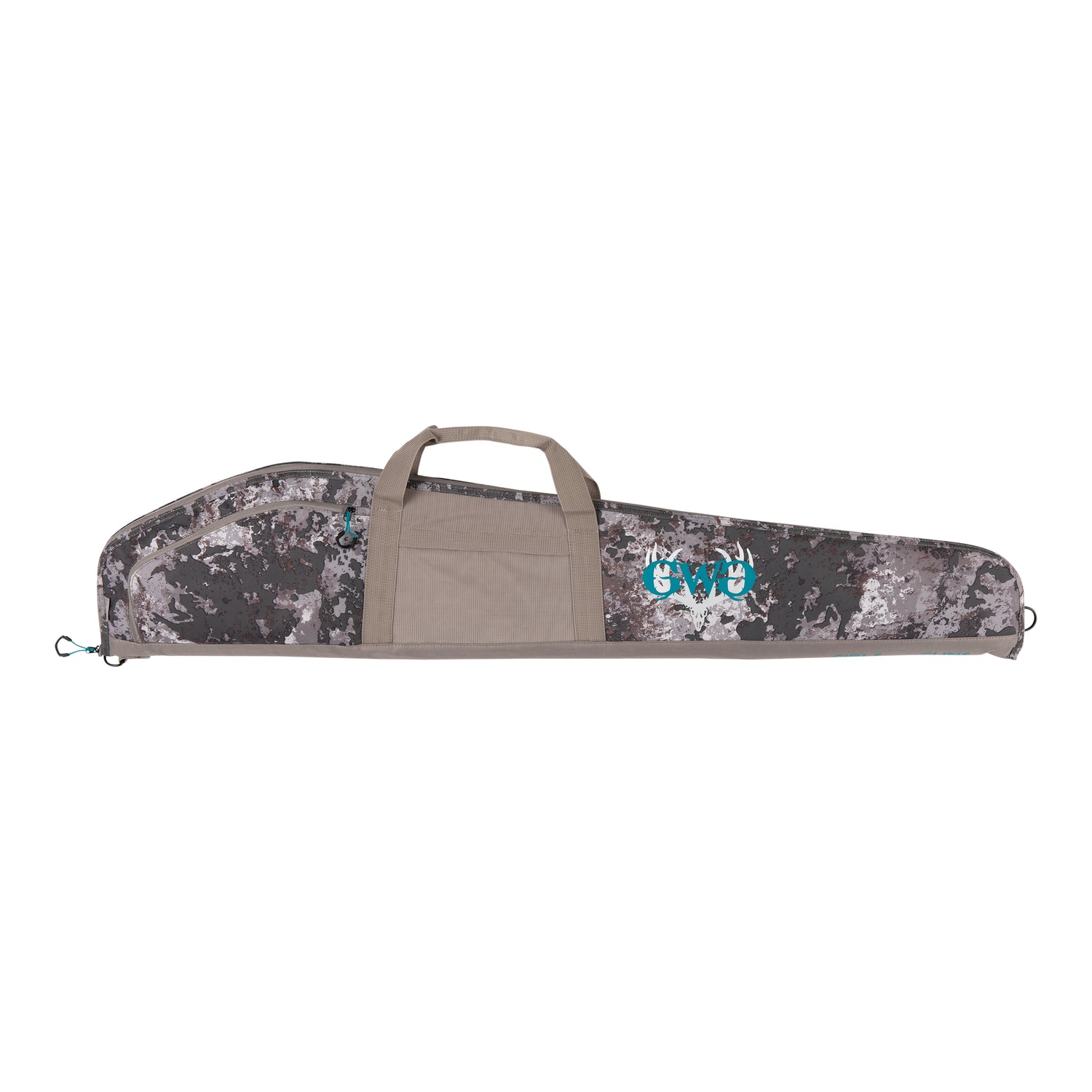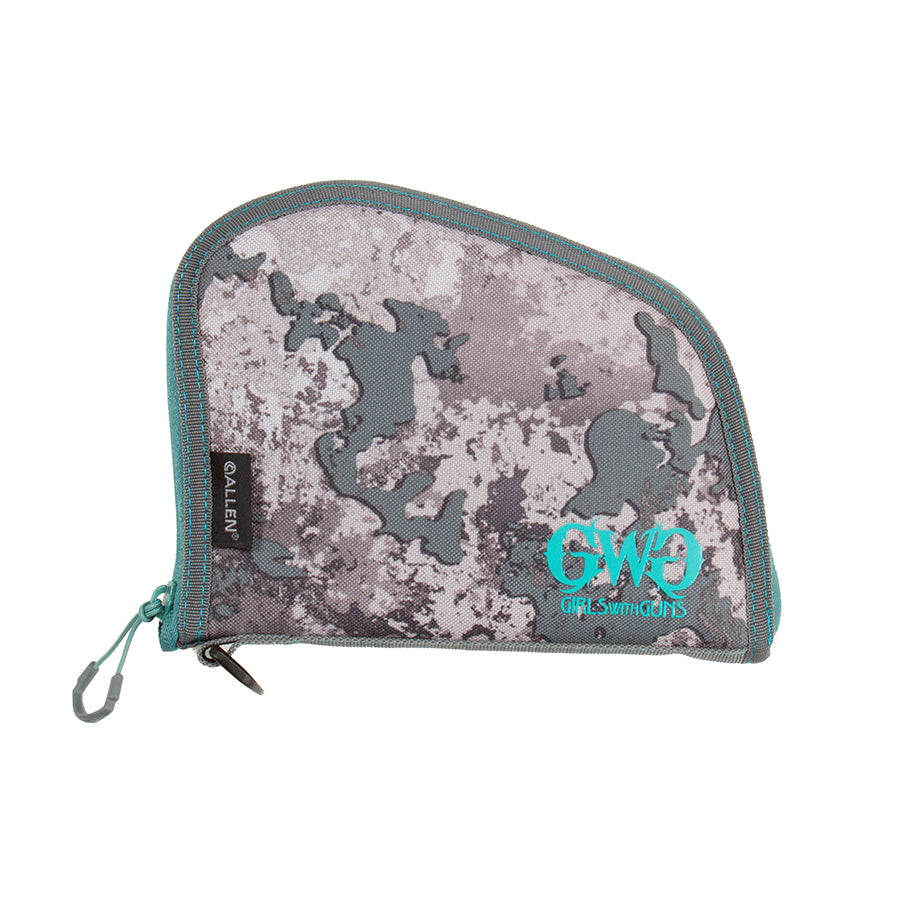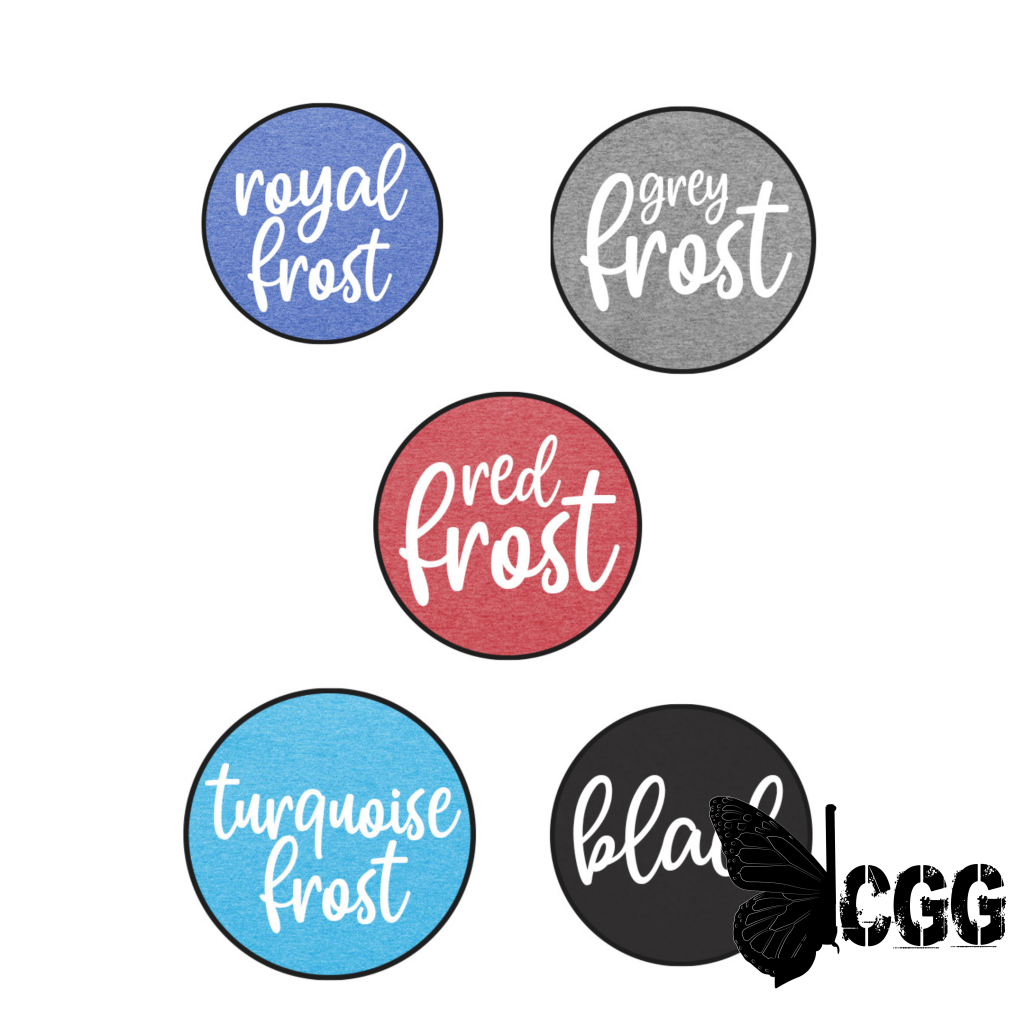Empower Your Journey
From Field to Range, and Everywhere in Between
⚡️ FLASH SALE ⚡️
🔥 60% OFF SWEATSHIRTS
COZY UP FOR LESS
Includes hoodies & zip-ups.
Hurry – Sale ends Tuesday @ 11:59 PM!
USE CODE COZY60
Elegance Meets Protection
Carry with Confidence
Discover concealed carry handbags that blend feminine style with everyday readiness—featuring designs by Lady Conceal and Girls with Guns
Shop Best Sellers

实测:幸运澳洲5官网开奖-最新澳洲幸运5开奖:每⑤分钟更新一次
We are inspired by those out in the field and on the range, and we strive to perfect and innovate the latest and greatest pieces that fit a woman and are functional for all of your outdoor adventures.
Shop By Category

About Us
实测:澳洲时时开彩结果5分彩168 + 澳洲体彩5开奖结果
Founded in their garage by two best friends, Girls with Guns® Clothing (GWG®) was born out of a dream and fashioned through a partnership that is one part risk-taker and one part conservative. After sixteen years of hard work and determination pursuing our small-town American dream, we are now starting a new chapter of GWG. We can't wait to share new styles and camo patterns with you coming in Fall of 2025! We made it past the hardest part of starting a new business. It's amazing to see the progress that our brand has made across the United States and around the globe. We can't thank you, our customer, enough for walking alongside us during this journey.
GWG Nation
Community inspired of your outdoor adventures.










































